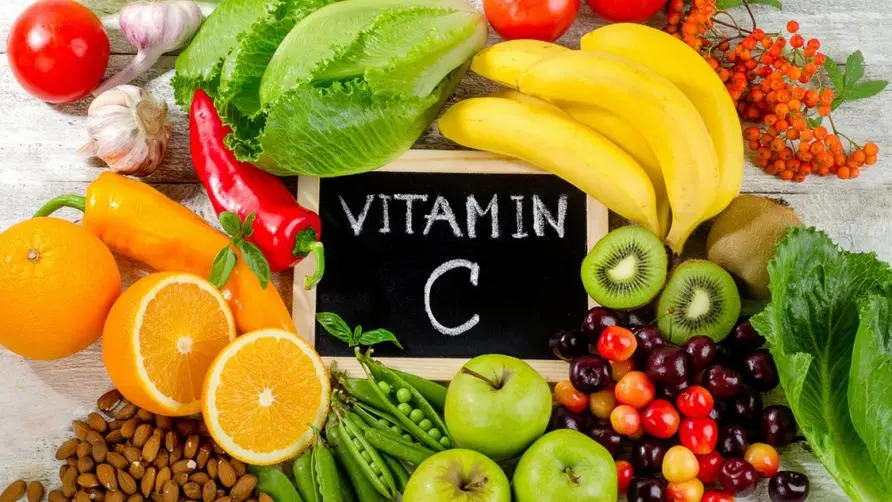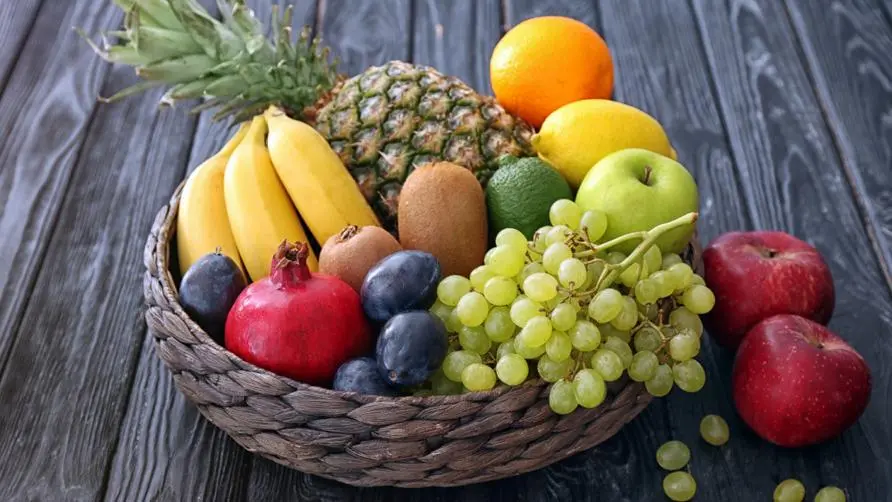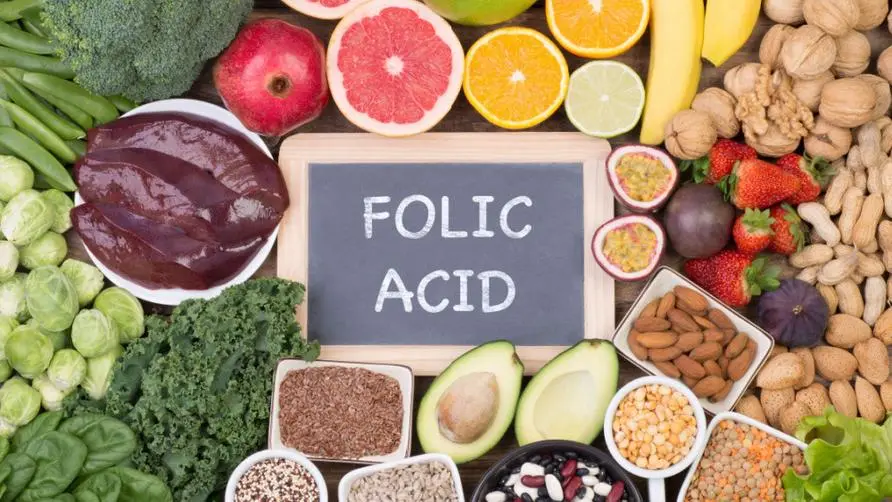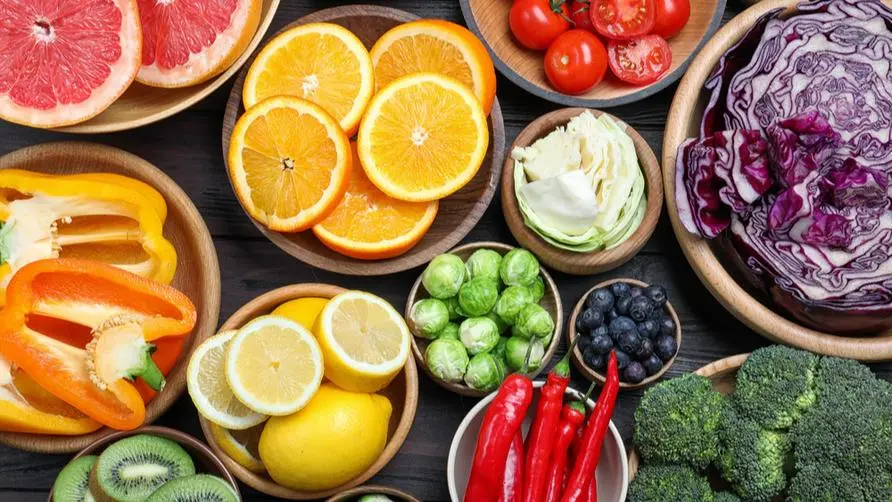Creatinine increased 18 times! Woman diagnosed with vitamin C poisoning after eating large amounts of vitamin C: at least one year of kidney dialysis
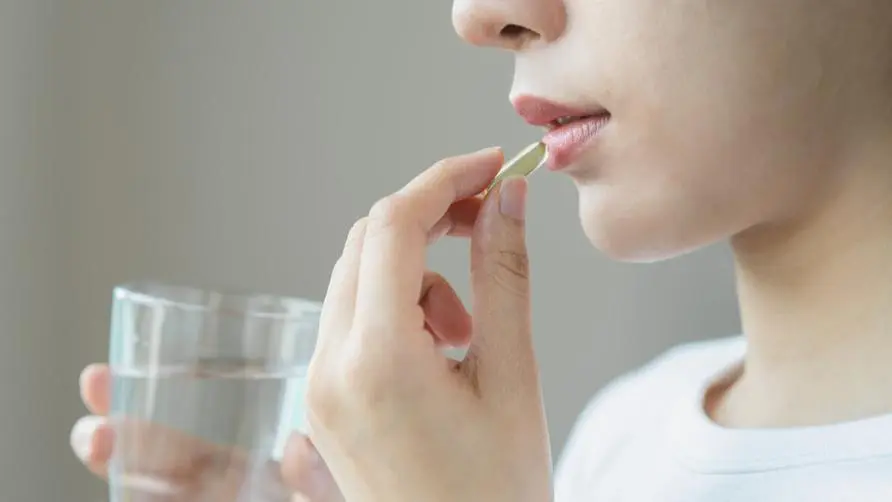
Creatinine soared 18 times! She had vitamin C poisoning and needed kidney dialysis for at least a year.
Adequate intake of vitamin C is important to maintain healthy immunity. However, modern people have a busy lifestyle. Many people choose to take additional high doses of vitamin C as daily health care. However, excessive intake of vitamin C may not only increase the burden on the kidneys, but may also cause acute kidney injury. Kidney dialysis is necessary to save life.
A latest case report published in the open journal “Cureus” pointed out that a 55-year-old woman suffered from acute kidney injury (AKI) and renal hyperoxaluria (hyperoxaluria) caused by excessive vitamin C in the body. It has been three months since she went to the emergency room. , must continue to maintain kidney health through hemodialysis (kidney dialysis), and has been diagnosed with end-stage kidney disease (ESKD).
The case report pointed out that this woman had a history of chronic kidney disease in the past. Her creatinine (Cr) 4 years ago was 0.73 mg/dl, and the value 4 months before the emergency had increased to 2 mg/dL (the normal female health value is 1.3 mg/Dl or less) and taking thyroid medication. The creatinine on emergency visit was elevated at 35.30 mg/dL, and the urine output was minimal and anuria soon developed. Due to persistent anuria, acidosis, and worsening renal function, emergency hemodialysis treatment was started on the day of admission.
After taking a blood test, it was estimated that the cause of his acute renal failure was related to vitamin C poisoning. Moreover, the patient’s medication habits were irregular in the past. It cannot be ruled out that he took a large amount of vitamin C in a short period of time. Although the patient’s urine output has improved after receiving dialysis treatment, he still needs to continue dialysis treatment to help balance the electrolytes in the body. Case reports indicate that patients need to undergo hemodialysis treatment for at least one year after discharge. It also shows that excessive vitamin C does increase the risk of hyperoxaluria in risk groups such as renal dysfunction.
Hyperoxaluria affects systemic kidney disease. Do not eat too much chocolate and spinach.
Case reports indicate that hyperoxaluria is a condition in which the excretion of oxalate in the urine increases. When calcium oxalate accumulates in the body and exceeds the renal glomerular clearance limit, it will cause calcium oxalate to accumulate in the body and affect the kidneys. , heart, bones and circulatory system.
One of the causes of hyperoxaluria is that the enzyme activity of the congenital gene that affects liver metabolism of oxalic acid is too low, which is called “primary hyperoxaluria” (Primary Hyperoxaluria). Another type of “secondary” hyperoxaluria may be related to excessive intake of calcium oxalate or oxalate precursors, including high-oxalate foods such as chocolate and spinach. Excessive vitamin C and alcohol will also increase body metabolism. Oxalic acid burden. Ingesting more than 1,000 mg of oxalic acid per day will increase the chance of hyperoxaluria.
Although vitamin C is water-soluble, the metabolic process takes about 3-4 hours. Excessive intake of vitamin C will produce a large amount of oxalic acid, which can easily synthesize into calcium oxalate stones in the kidneys and urinary tract. The recommended dietary intake of vitamin C for adults is 100 mg per day, with the upper limit of daily intake being 2,000 mg.
Men who take vitamin C supplements are twice as likely to develop kidney stones, and those with a history of stones are more at risk
Looking back at the literature, a Swedish study published in JAMA Internal Medicine also found that based on an analysis of more than 23,000 men, exploring the association between the risk of kidney stones and vitamin C supplements, 11-year tracking values showed that approximately Two percent of men develop kidney stones, and those who claim to take vitamin C supplements are twice as likely to develop kidney stones.
Generally, adult men need about 90 mg of vitamin C per day, and women need about 75 mg. Vitamins have the function of maintaining the health of epithelial tissue and mucous membranes, and are essential for skin and bone health. They are rich in papaya, citrus, guava, etc. in natural foods.
Gary C. Curhan, a professor in the Department of Epidemiology at Harvard School of Public Health, reminds healthy adults to avoid taking high-dose vitamin supplements unless necessary. If you have a history of calcium oxalate stones, you should strictly pay attention to your vitamin C intake to avoid recurrence.
Source:
Further reading:


